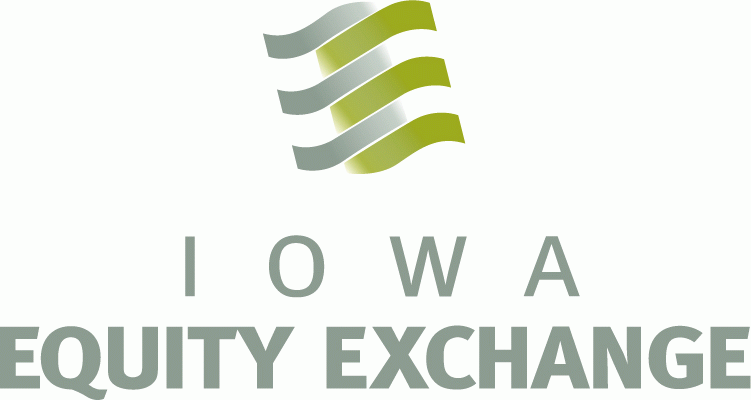IT'S ALL RELATIVE -- RELATED PARTY ISSUES
When it comes to related party issues, Section 1031 exchanges are no different than most of tax law - fraught with peril and rather confusing. Let's try to make some sense of it, shall we?
The crux of the matter when it comes to related party matters and 1031 exchanges is that the IRS is not a big fan of using a relative to establish a higher basis in a low basis property through an exchange. That is known as basis shifting, or basis swapping, and it is highly frowned upon. And they've taken steps to ferret out abusers - Form 8824, the form on which every 1031 exchange must be reported, contains a very specific question on Line 7: "Was the exchange of the property given up or received made with a related party, either directly or indirectly (such as through an intermediary)? If yes, complete Part II." Part II then requires you to disclose a number of facts about the transaction.
So who qualifies as a related party? Well, related parties include, but are not limited to, immediate family members. "Up and out," you might say: your siblings, your spouse, your ancestors and your descendants are all related parties. Some people who are not related parties to you are aunts and uncles, in-laws, cousins, nieces and nephews, ex-spouses and stepparents. Also, unless you own more than 50% of a corporation or other entity, it is not a related party to you. That includes what is known as indirect relationships. For instance, if Joe owns 50% of an LLC and Steve owns 10% of the same LLC, it is related to an LLC of which Steve owns 50% and Joe owns 25%. Neither Steve nor Joe owns more than 50% of either LLC, but together they do own and control more than 50% of both LLCs; therefore the LLCs are related.
Let's now break down what can and cannot be done within a 1031 exchange that involves related parties. We'll look at two distinct scenarios: 1) Sale of the relinquished property to a related party, and 2) Purchase of the replacement property from a related party.
Sale of the relinquished property to a related party: With some caveats, selling your relinquished property to a related party is A-OK. The related party is establishing a new basis in the property they are acquiring, while the taxpayer’s basis will transfer into a property acquired from an unrelated party. The related parties are not shifting a high basis into a property that previously had a low basis in anticipation of a sale.
The caveats are that the purchase price of the relinquished property should be fair market value supported by an appraisal or other suitable documentation. Also, the related party should not be acting as the taxpayer’s agent in acquiring the property, but purchasing it in their own right to bear the benefits and burdens of ownership.
Purchase of the replacement property from a related party: In nearly all cases, you are not able to acquire your replacement property from a related party without running afoul of the IRS and facing the resulting tax liabilities. The primary exception to this ruling (which was set out in Rev. Proc. 2002-83) is if the related party also starts, and completes, a 1031 exchange. The only other exception is if you can establish to the satisfaction of the IRS that tax avoidance was not the purpose of the transfer of the property, which would be quite difficult to do except in the most unusual of circumstances. At a minimum, the related party who is cashing out would need to owe more tax than what you would have owed if you had not exchanged.
To conclude, be aware that exchange transactions that involve related parties must be well thought out and structured properly to withstand the scrutiny of the IRS. Please contact us early in the process if you are contemplating such an exchange so we can work together to create a solid platform for you.
© IOWA EQUITY EXCHANGE


